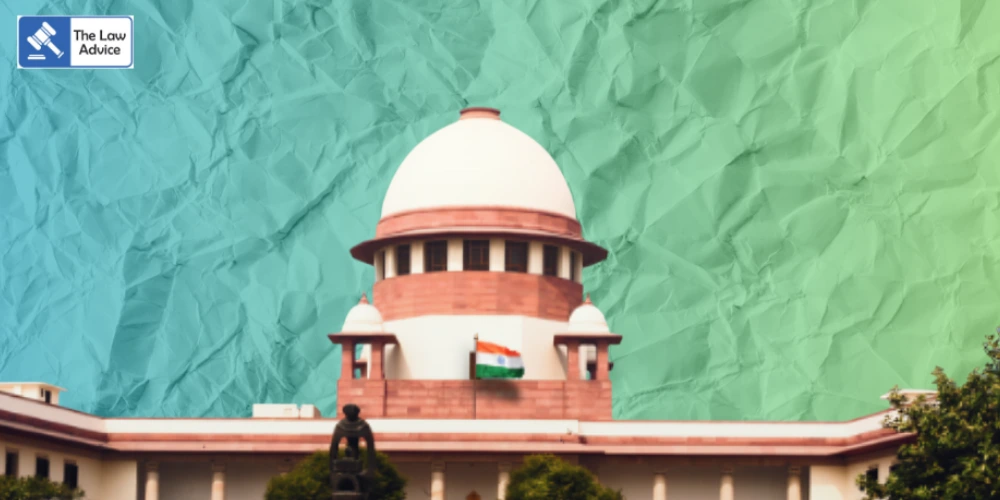The Supreme Court on September 1, 2025, dismissed a Public Interest Litigation (PIL) that sought directions against the Union Government’s Ethanol Blending Programme (EBP), which mandates the supply of petrol blended with 20% ethanol (E20) across the country.
A bench led by Chief Justice of India BR Gavai and Justice K. Vinod Chandran refused to entertain the petition that demanded the continued availability of ethanol-free petrol (E0) or E10 petrol for vehicles manufactured prior to April 2023, which are not compatible with E20 fuel.
The PIL, filed by Akshay Malhotra, argued that:
• Vehicles manufactured before April 2023, including many BS-VI compliant models, are not compatible with E20 fuel.
• Use of E20 can cause corrosion of engine components, reduced fuel efficiency (around 6% drop), premature wear and tear, and higher maintenance costs.
• Insurance companies are allegedly rejecting claims for damage caused due to the use of E20 in incompatible vehicles.
• Consumers are being denied freedom of choice, as ethanol-free petrol is no longer available despite it being offered in countries like the US and EU, where blended and ethanol-free fuels are sold in parallel with clear labelling.
• Despite ethanol being cheaper than petrol, no cost benefits have been passed on to consumers, with petrol stations charging the same price for E20.
The plea further relied on the 2021 NITI Aayog Report, which itself flagged concerns regarding the impact of high ethanol blending on older vehicles, while also highlighting the lack of a parallel E0 or E10 option in India.
Appearing for the Union Government, Attorney General R. Venkataramani strongly opposed the plea. He argued that:
• The petitioner was acting as a “name-lender” for a larger lobby seeking to block the ethanol policy.
• The Government had considered all relevant factors, including consumer concerns and environmental needs, before rolling out the programme.
• The policy supports India’s broader goals of energy security, reducing import dependence, and benefiting sugarcane farmers.
“Will people outside the country dictate what kind of fuel India should use?” the AG asked, defending the policy as a sovereign economic and environmental decision.
After hearing the arguments, the bench refused to interfere, with the CJI curtly declaring: “Dismissed.”
India’s Ethanol Blending Programme seeks to reduce crude oil imports and lower carbon emissions by gradually increasing the percentage of ethanol in petrol. The government had earlier targeted 20% ethanol blending by 2030, but advanced the timeline to 2025-26.
The petition contended that while the programme is in line with climate goals, it disregards consumer rights and vehicle safety of those owning pre-2023 vehicles. The plea also raised concerns about the lack of mandatory labelling at petrol pumps and absence of proper public advisories for consumer awareness.
With the dismissal of the PIL, the E20 petrol mandate remains intact, and no separate option for E0 petrol will be provided for older vehicles. The ruling underscores the Supreme Court’s deference to the government’s policy decisions on energy and environment, even as concerns about consumer rights and vehicle compatibility continue to linger.
Case Title: Akshay Malhotra v. Union of India | W.P.(C) No. 000813/2025
